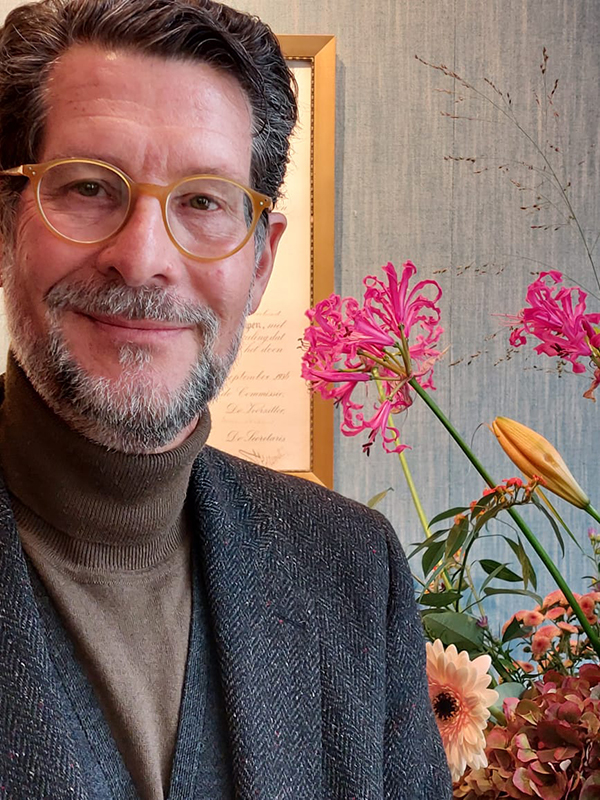While Africa is a continent with a rapidly growing population of young people, it is crucial for the region to pay attention to the global agenda on ageing.
The United Nations declared the years 2021 to 2030 as the "Decade of Healthy Ageing". This global collaboration, aligned with the last 10 years of the Sustainable Development Goals, seeks to improve the lives of older people, their families and the communities in which they live.
“With increased longevity in Africa, it is imperative to focus on research, policy and infrastructure development to properly support and care for current and future cohorts of older people and their families. There will be a huge increase in the absolute number of older persons on the continent.”
This is according to Prof Jaco Hoffman, an expert on ageing in Africa and professor of Socio-Gerontology at the NWU’s Optentia research unit. He is also a professorial fellow at the Oxford Institute of Population Ageing at the University of Oxford.
“The number of older people aged 60 and above in Africa is projected to nearly triple by 2050, from 74 million in 2020 to 235 million, making Africa the third-largest grouping of older persons globally after Asia and Europe,” says Prof Hoffman. He says in South Africa alone, the current population of 6 million older individuals is estimated to double to around 12 million, exceeding the entire population of some European countries like Denmark.
Research, appropriate policy and investments in infrastructure for the elderly will be crucial in preparing for the needs of a growing ageing population.
Research for better understanding
Africa must invest in research that delves into the social and healthcare needs of its ageing populations, says Prof Hoffman. This continent must bridge the knowledge gap by conducting studies on the social determinants of health and subsequently put relevant long-term care systems in place. It must concurrently also capitalise on the potential and contributions of this group.
“The field should prioritise translational research by integrating evidence, advocacy, policy and practice. Research should be guided by local contexts, and emerging researchers ought to concentrate on mainstreaming African research on ageing,” he says.
Policy implementation for inclusive ageing
The development and implementation of comprehensive policies are necessary to address the needs of the ageing population. To this end, the NWU was extensively involved in the development of the Policy on Ageing of the African Union (AU), approved by all member states in 2022. Although governments across Africa are increasingly putting policies and initiatives in place to cater for the needs of older people as they become more aware of the significance of healthy ageing, Prof Hoffman asserts that greater effort is required to implement the AU Policy on Ageing and the Protocol on Human Rights for Older Persons in the contexts of (South) Africa.
Infrastructure and investment to support ageing communities
Adequate infrastructural planning and investments are crucial for a society to support its ageing population. This includes accessible healthcare facilities, age-friendly housing and transportation systems, and user-friendly public spaces. For South Africa in particular, Prof Hoffman emphasises the importance of a long-term care system focusing on community support, and the development of a long-term care economy where carers are valorised.
Positive outlook on ageing and intergenerational learning at the NWU
Prof Hoffman underscores the importance of the NWU establishing itself as a reference point for research on ageing in Africa and as a centre for intergenerational learning, and fostering a positive approach to ageing across the entire life course.
By investing in healthcare, social support and age-friendly environments, Africa might harness the wisdom and experience of older Africans, who can contribute to shaping the continent's future towards the Africa we want for all ages. To this end, the NWU, in partnership with the International Federation of Ageing, will host the 17th Global IFA Conference on Ageing in Cape Town from 9 to 12 September 2025.

Prof Jaco Hoffmann says it is important that Africa must invest in research that delves into the social and healthcare needs of its ageing populations.
